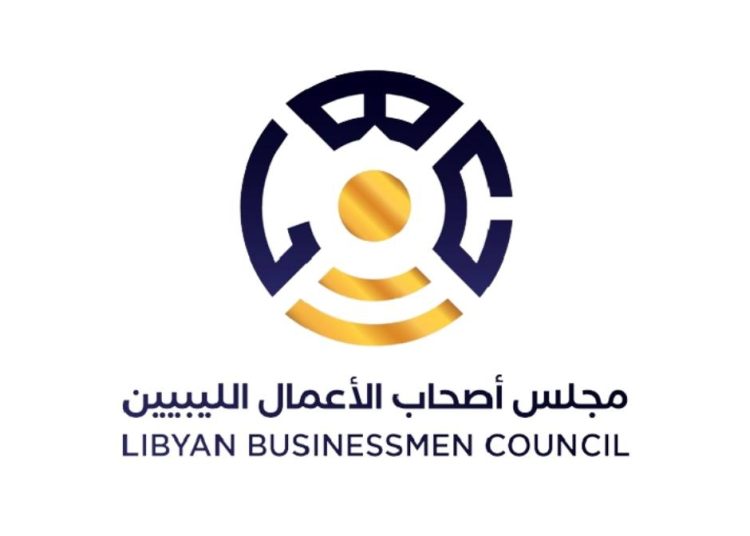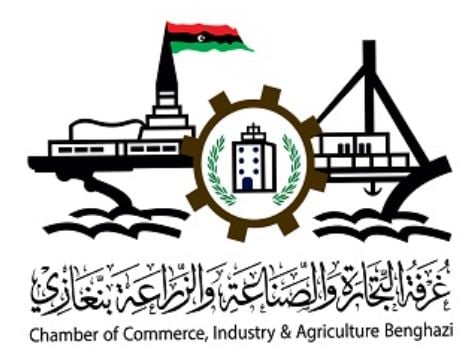A delegation of economic and financial experts from the United Nations Development Programme (UNDP) Libya visited the Libyan Business Council on Tuesday, 5 May.
The visit was to discuss cooperation programmes and provide technical support to the private sector.
The delegation was received by Rashid Swani, Chairman of the LBC, Al-Muatasem Billah Al-Dhawi, Executive Director, Nouri Abu Shaala, Advisor to the LBC, and Omar Al-Mabrouk Abu Shaala, Member of the LBC and expert in training and consulting.
The UNDP was represented by Vito Antini, Chief Economist and Tarek Akl. a financial expert.
LBC chairman Swani presented an overview of the council, its establishment, goals and vision. He subsequently provided a comprehensive diagnosis of the economic situation in Libya, what the private sector is suffering from, and government institutions’ neglect of the role of the sector.
This neglect included the LBC, which the LBC chairman considered an important partner in construction and development, and a house of expertise for the studies and research that must be done, and their recommendations, to contribute to advancing the sector, and participation in development projects.
Executive Director Al-Dhawi, for his part, said that the LBC is drawing economic policies for the private sector, linking member companies with the public sector and their counterparts abroad, and encouraging small and medium enterprises in order to move the wheel of the national economy. The Executive Director requested the possibility of providing technical support to train those involved in the private sector, build capabilities, and develop skills, knowledge and various fields of work.
Among the most important topics discussed with the delegation of experts were:
– Developing a development plan
– Identifying opportunities and challenges for economic activity and the private sector.
– Supporting the banking sector, addressing obstacles, facilitating procedures for granting lending opportunities and credit facilities, and what this requires in simplifying procedures and conditions that are often an obstacle to institutions, activities, and small and medium enterprises, and examining ways to overcome these difficulties and obstacles.









